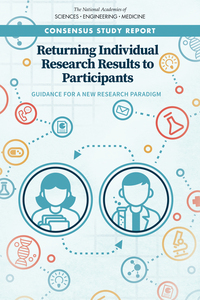‘Twas the night before Christmas,
When policy wonks take,
For 48 hours, a much needed break.
Although even at rest, thoughts still run deep.
Because NIH science policy never really sleeps.
And come Wednesday morn, OSPeeps and I,
Will be reading responses to each RFI.
For from the community we heard lots of chatter,
How you share data really does matter!
But that barely compares with the receiving of flack,
From those who worry we might do away with the RAC.
But worry not, friends, you’ve nothing to fear.
The next iteration of RAC soon enough will appear.
To help us work through biotech that’s emerging,
Which meetings in Hong Kong make feel slightly more urgent…
While return of results is still under discussion,
Genomic summaries now available, with not too much fussin’
No longer will gene therapy have oversight times two
And sIRB resources are available now, too!
Certificates of confidentiality now required by law,
More Common Rule delay, as you probably saw.
On, rigor! On, CRISPR! On, dual use, too!
On, research protections! On, fetal tissue review!
To a scientific culture where harassment is ended,
Where female researchers are protected and defended.
To a data sharing policy, beloved by all!
(Although perhaps that’s an order just a bit too tall…)
As GDPR and Plan S across the pond fly,
And clinical trial policies raise great hue, and great cry,
OSP never forgets, as we read every letter,
Our enterprise is great, but it can always be better…
Together we stand, as the NIH thrives,
Fulfilling the mission to improve people’s lives.
In the New Year, we look forward to working with you,
To make biomedical research the best we can do.
And as we shape policies, to get this thing right…
Happy holidays to all, and to all, a good night!
Posted by Dr. Carrie D. Wolinetz, December 21, 2018








